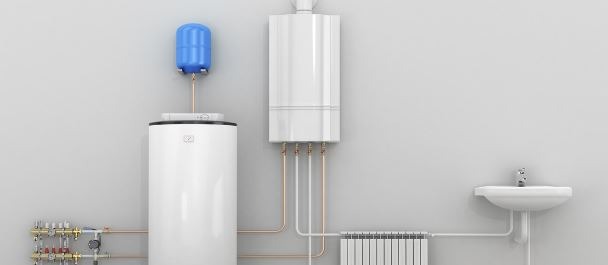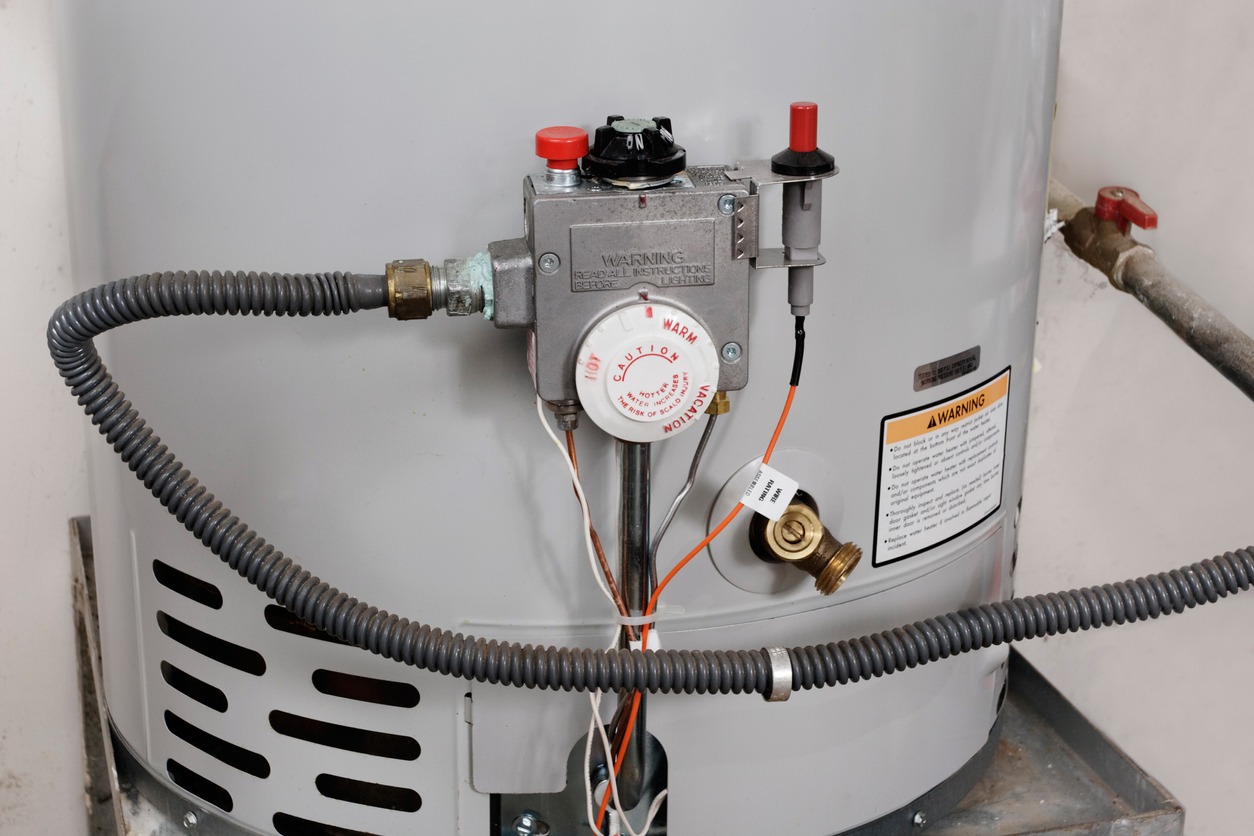Water heaters play a pivotal role in our everyday comfort, supplying hot water for a myriad of activities like showering, dishwashing, and laundry. The diversity in water heaters, however, means selecting the perfect one can be a complex task. This in-depth guide ventures into the nuances of water heaters, offering insights into various types, their features, and advantages, aiding you in making a well-informed choice.
With a range of models, types of water heaters, and sizes available, it’s important to understand the differences between them to make an informed decision. Whether you’re contemplating a new purchase or simply seeking to understand your options, this guide arms you with essential knowledge. We cover everything from tankless innovations to traditional models, and from electric to gas heaters, scrutinizing the pros and cons of each to evaluate aspects like energy efficiency, cost-effectiveness, and durability.
Tankless Heaters: Pros and cons
Tankless heaters have been gaining popularity in recent years due to their energy efficiency and ability to provide on-demand hot water. They work by heating water as it passes through a heat exchanger, eliminating the need for a storage tank.
This means that hot water is available whenever you need it, without the need for waiting for a tank to heat up. Additionally, since tankless heaters do not have a storage tank, they take up less space and can be installed in smaller areas.
However, there are also some drawbacks to consider. Tankless heaters tend to have a higher upfront cost than traditional tank heaters, and may require additional modifications to the home’s gas or electrical lines.
Additionally, they may not be able to provide adequate hot water for larger households, as the flow rate is limited. It’s important to carefully weigh the pros and cons before deciding if a tankless heater is the right option for your home.
Conventional Heaters: Efficiency Factors
When it comes to conventional heaters, efficiency is a key factor to consider. The efficiency of a conventional heater is determined by its ability to convert energy into heat. The higher the efficiency, the more effective the heater is at converting energy into heat, which means less energy is wasted.
One of the primary factors that affect the efficiency of a conventional heater is the type of fuel it uses. Gas heaters tend to be more efficient than electric heaters because gas is a cheaper and more energy-efficient fuel source.
Other factors that can affect efficiency include the age and condition of the heater, the size of the unit, and how well it is maintained. As a general rule, newer models tend to be more efficient than older models, but it’s important to consider all of these factors when selecting a conventional heater for your needs.
Hybrid Heaters: Energy-Saving Features
Hybrid heaters are the latest addition to the world of heaters and have been gaining in popularity due to their energy-saving features. These heaters use a combination of electricity and heat pump technology to heat water, which makes them much more efficient than traditional heaters.
The heat pump extracts heat from the surrounding air and transfers it to the water, reducing the amount of electricity needed to heat the water. Hybrid heaters can save homeowners up to 60% on their water heating costs, making them a cost-effective option in the long run.
Additionally, many hybrid heaters come equipped with smart features that allow homeowners to monitor and control their heater remotely, providing even more energy savings. Overall, hybrid heaters are an excellent option for homeowners looking for a more energy-efficient and cost-effective way to heat their water.
Solar Heaters: Installation and Maintenance
Solar heaters are a popular choice for those looking to reduce their energy costs and carbon footprint. These heaters work by using solar panels to collect energy from the sun, which is then used to heat water for use in the home.
The installation of a solar heater requires careful planning and consideration, as it involves the placement of the panels and the routing of the piping. It is recommended to hire a professional with experience in solar heater installation to ensure that the system is properly installed and functioning at peak efficiency.
Maintenance of a solar heater is relatively simple, with regular inspections of the panels and piping, as well as cleaning to ensure maximum absorption of sunlight. In addition, it is important to regularly check for leaks or damage to the system in order to prevent any potential issues in the future. With proper installation and maintenance, a solar heater can provide a reliable and eco-friendly source of hot water for years to come.
Heat Pump Heaters: Climate Considerations
Heat pump heaters are becoming increasingly popular due to their energy efficiency, but it is important to consider the climate before investing in one. Heat pump heaters function by drawing heat from the surrounding air or ground to warm the water, meaning that they work best in moderate to warm climates.
In colder climates, the efficiency of the heater decreases as the air temperature drops, and the unit may struggle to provide sufficient hot water. Additionally, if the ambient temperature drops below freezing, a frost protection feature may be needed to prevent damage to the unit.
It is essential to consider the climate of your region and the specific needs of your household before deciding if a heat pump heater is the right option for you.
Making an Informed Decision
Selecting the right water heater requires balancing your hot water needs, budget, and energy efficiency objectives. Each type, from traditional to solar-powered models, has its unique set of benefits and limitations. By thoroughly evaluating these factors, you can invest in a water heater that not only meets your demands but also provides long-term service and efficiency.
Consider your household’s hot water needs, budget, and energy efficiency goals before making a final decision on which type of heater to purchase. By doing so, you can invest in a reliable and efficient system that provides hot water for years to come.


